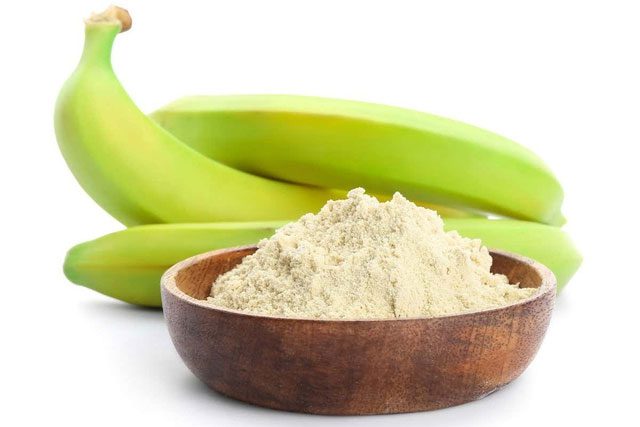In culinary practices, green bananas are widely used, but few people know that eating green bananas can help prevent the risk of five different types of cancer.
If you enjoy eating green bananas, congratulations, as you may be reaping some unexpected health benefits. A 20-year study revealed that the resistant starch found in green bananas can reduce the risk of certain cancers by up to 60%.
Resistant starch is a type of carbohydrate that is not digested in the small intestine and is only fermented in the large intestine. This type of starch is classified as fiber and has been shown to help reduce the risk of colorectal cancer as well as many other non-communicable diseases. Besides green bananas, foods such as oats and whole grains are also abundant sources of resistant starch.
Researchers from Newcastle University and the University of Leeds (UK) discovered that resistant starch may help prevent cancer risk in individuals with Lynch syndrome (a hereditary disorder that increases the risk of colorectal cancer).

Resistant starch in green bananas helps reduce the risk of five different types of cancer. (Illustrative image).
The study involved nearly 1,000 individuals with Lynch syndrome. They consumed 30 grams of resistant starch over an average period of 2 years. The results indicated that this starch did not affect the status of colorectal cancer but could reduce the risk of upper gastrointestinal cancers such as esophageal, stomach, biliary, pancreatic, and duodenal cancers by up to 60%.
John Mathers, a nutrition professor at Newcastle University, stated: “We found that resistant starch helps reduce the risk of several cancers by more than 60%, particularly cancers that develop in the upper gastrointestinal tract. The dosage used in the trial is equivalent to eating one green banana each day.”
Why does resistant starch reduce cancer risk?
Resistant starch ferments in the large intestine, serving as “food” for beneficial bacteria present there.
Professor Mathers explained that resistant starch may reduce the risk of cancer by lowering bile acid levels in the intestine. Bile acids are believed to damage DNA and ultimately lead to cancer. However, he also emphasized the need for further research to confirm this.
Professor Tim Bishop from the University of Leeds commented: “The findings of the study are very interesting, but the protective effect on the upper gastrointestinal tract is an unexpected result for us. Therefore, more studies are needed to replicate these findings.”


















































